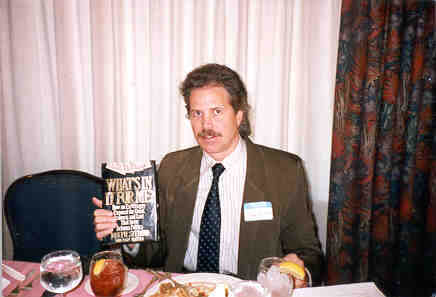

''He did steal money,'' said Tom Pyplatz, a businessman who this week visited the John Dillinger Museum in Hammond, Ind. Some people in this part of the country still feel that way. Newspapers across the Midwest printed letters from his admirers, full of praise for a man who ''robbed those who became rich by robbing the poor'' and who ''isn't half as cheap as a crooked banker or crooked politician.'' Many people were especially angry at banks, so by robbing them, Dillinger took on the aura of a Robin Hood.

The Chicago-born playwright David Mamet, who specializes in dissecting the criminal psyche, has written the screenplay for one of them.ĭillinger burst into the public imagination at a time when American institutions seemed to be collapsing. Half a dozen films have been made about him, and several more are in various stages of development. A new biography appeared in May, and a heavily documented study of the gangster era of the 1930's, when Dillinger flourished, was published this month. Several new works seek to capture the contradictions of this charming bandit. The contradictions of Dillinger, who was beloved by many ordinary people even as law enforcement agents relentlessly pursued him, still have a hold on the American imagination.

Many people here are still in thrall to his memory. He was like a rock star.''Īlthough Indiana lays a claim to him because he was born there, and although he robbed banks in at least five states in his 13-month crime spree, Dillinger returned time and again to Chicago. People were dipping their handkerchiefs in his blood. ''No one could get in or out, not even ambulances. ''Within minutes after he died, these streets were filled with thousands of people,'' Mr.


 0 kommentar(er)
0 kommentar(er)
